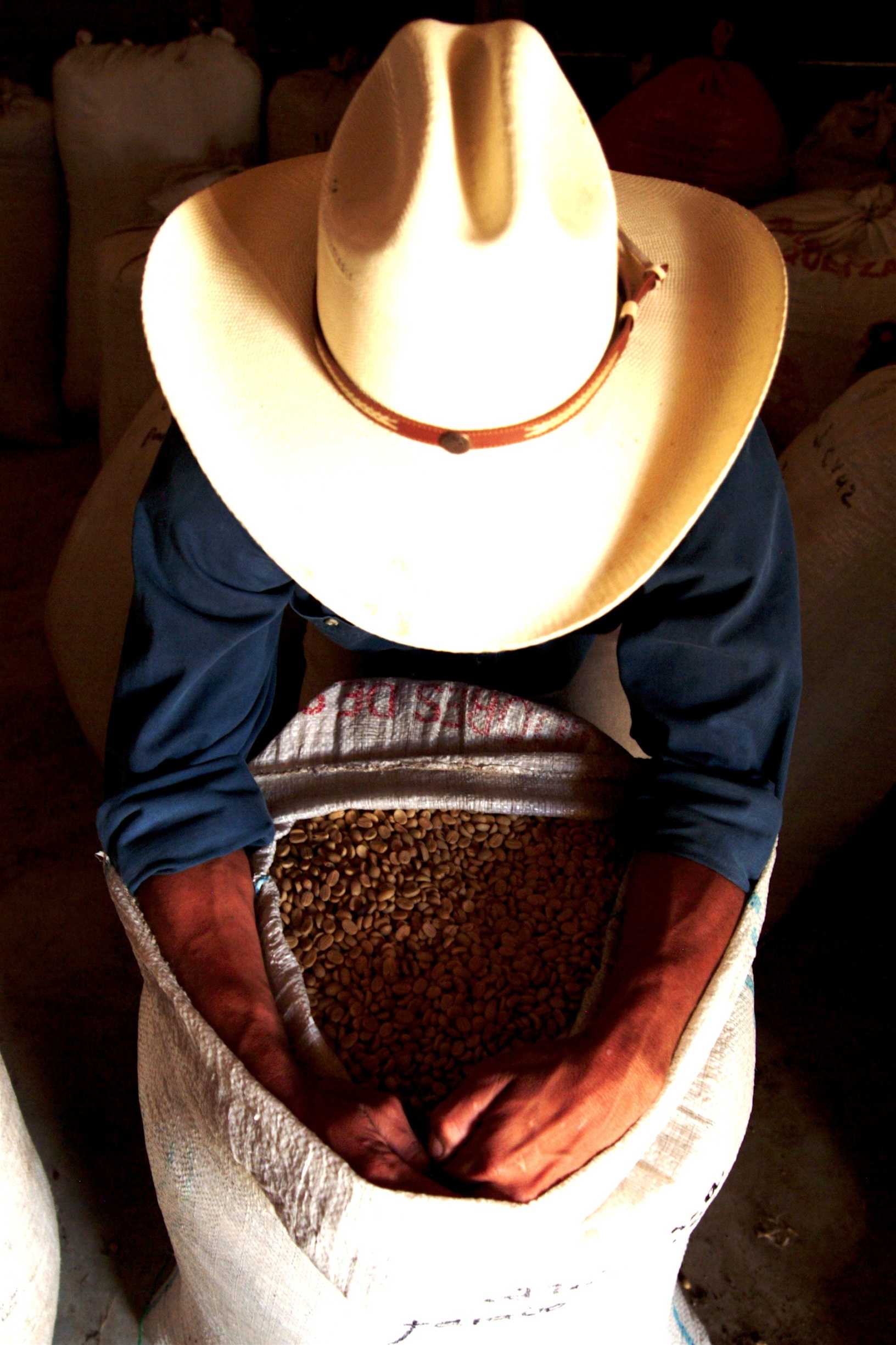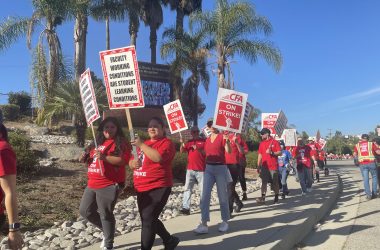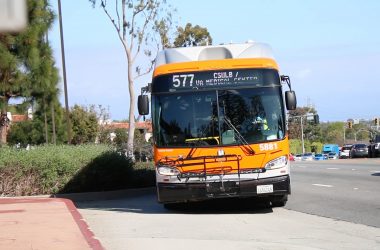Cal State Long Beach student Victoria Aguilera was first inspired to raise money for the indigenous people of Chiapas, Mexico, when her friends began the process of selling five tons of coffee to benefit that same cause in 2007.
Since then, Aguilera, an art education graduate student, has been a “brigadista,” or brigadier for the nonprofit organization Café Para la Vida Digna — which means “coffee for a life with dignity” — for the past two years.
As a “brigadista,” she volunteers her time by operating the project in her community with her 10-year-old daughter. Similar to other “brigadistas” in California, Arizona and Minnesota, Aguilera takes on the duties associated with the promotion, distribution and education of Café Para La Vida Digna.
“It is hard to balance,” Aguilera said of her school and nonprofit work. “But I know that in the long run what I’m doing is the right thing to do. If we don’t do it, then who will?”
“Brigadistas” sell coffee that is grown by the indigenous people of Ricardo Flores Magon of Chiapas, a poor municipality, and return 100 percent of revenues back to the municipality to enable medical and educational assistance.
The “brigadistas” work in teams of five that live in close proximity, consisting of to about 100 volunteers throughout the nation. They use their own transportation and supplies to sell the coffee, which costs $10 a pound and can be purchased online.
Aguilera promotes and distributes the coffee to churches, colleges, community events and coffee shops that buy it at wholesale price.
Café Para La Vida Digna coffee is shade-grown and does not require chemical fertilizers or pesticides. The coffee is organic and environmentally friendly, cultivated to help protect biodiversity, as well as to shade trees, protect plants from the rain and sun, maintain soil quality and aid in natural pest control, according to Aguilera.
The grassroots project began legally importing and selling coffee in the United States in 2005.
Jerry Lopez — founder and director of the Multicultural Indigenous Academy, a charter high school program in Saint Paul, Minn. — said he began the Café Para La Vida Digna project to help the indigenous people who are being intimidated and attacked by the Mexican government.
Since the project started, they have sold more than 10,000 pounds of coffee and are working on the arrival of an additional 26,000 pounds.
According to Aguilera, the municipality has opened a year-round school where students can live, since the school is about a three-day walk from their homes. They now also have a two-room hospital and an ambulance.
In 1994, the Mayan people living in Chiapas were forced by the Mexican government to evacuate their land and join a Spanish-speaking society and change their indigenous names to Christian names so that corporations could take over the land, according to Aguilera.
However, they resisted and declared themselves an autonomous Zapatista municipality in rebellion, according to the nonprofit’s website.
Those who are interested in learning more about the Zapatista movement in Chiapas can join Professor Ron Loewe’s The People of Mexico and Central America class, in LA-5 Room 250 on Mondays, Wednesdays and Fridays at 10 a.m. after spring break. Attendance is free.




